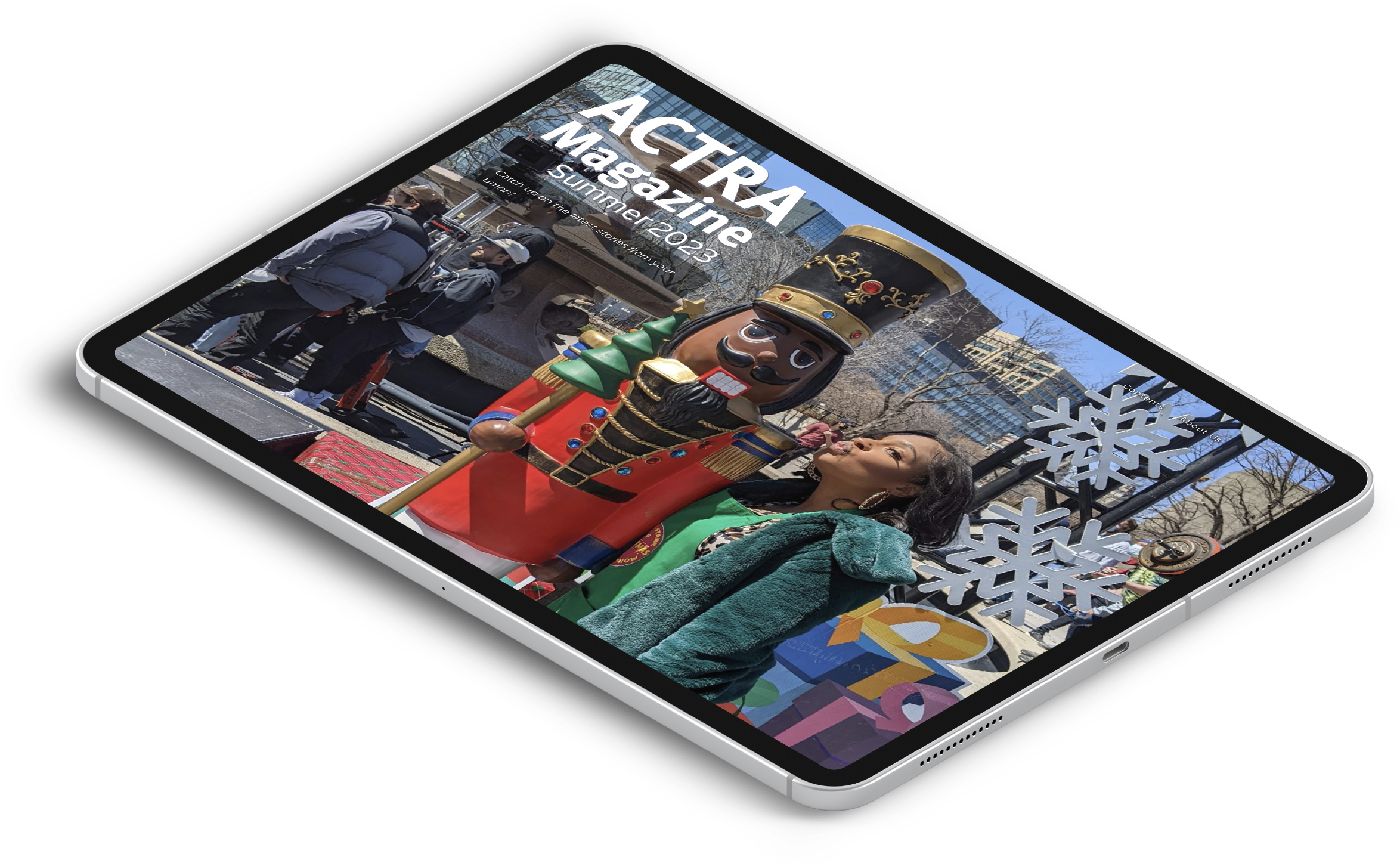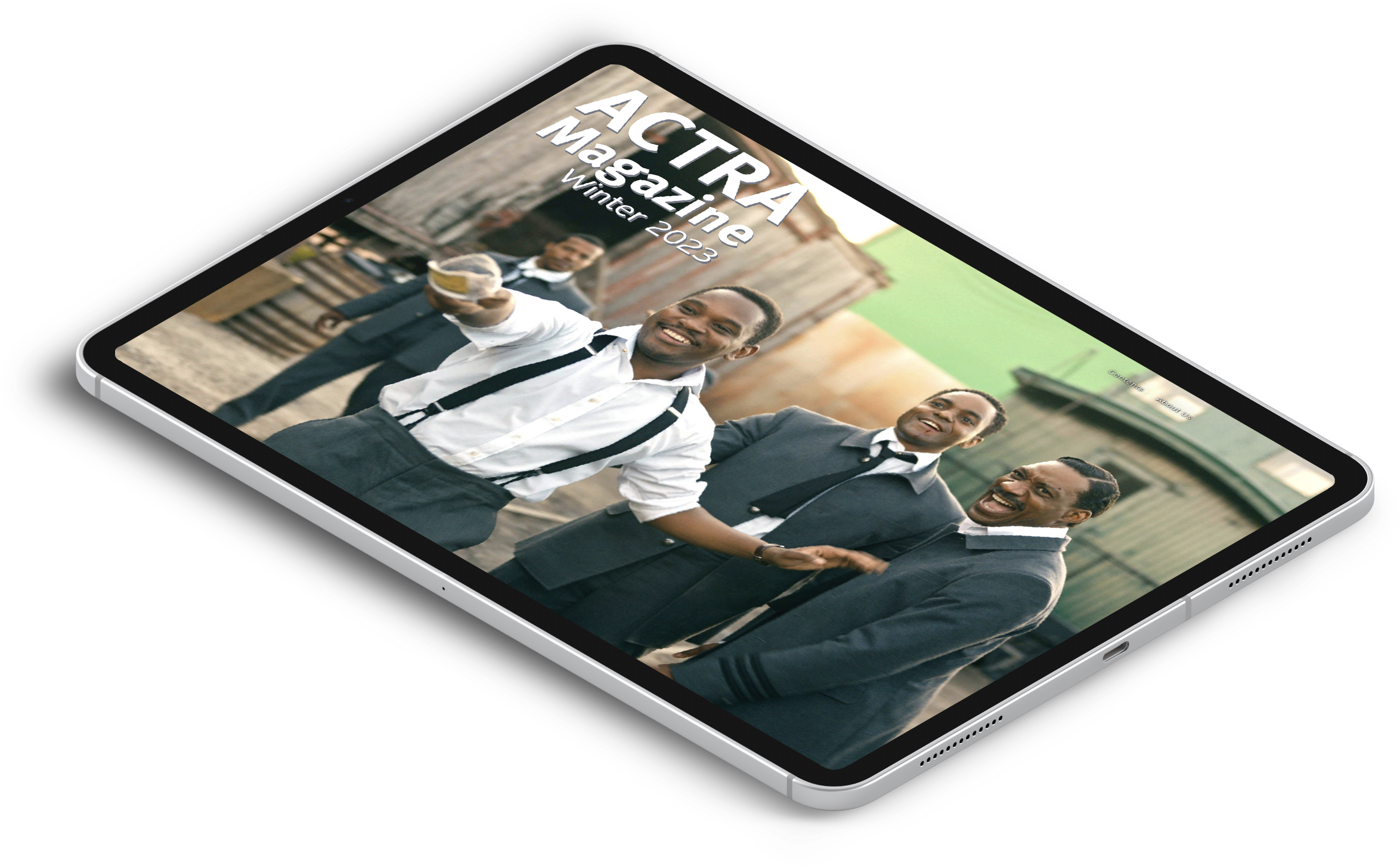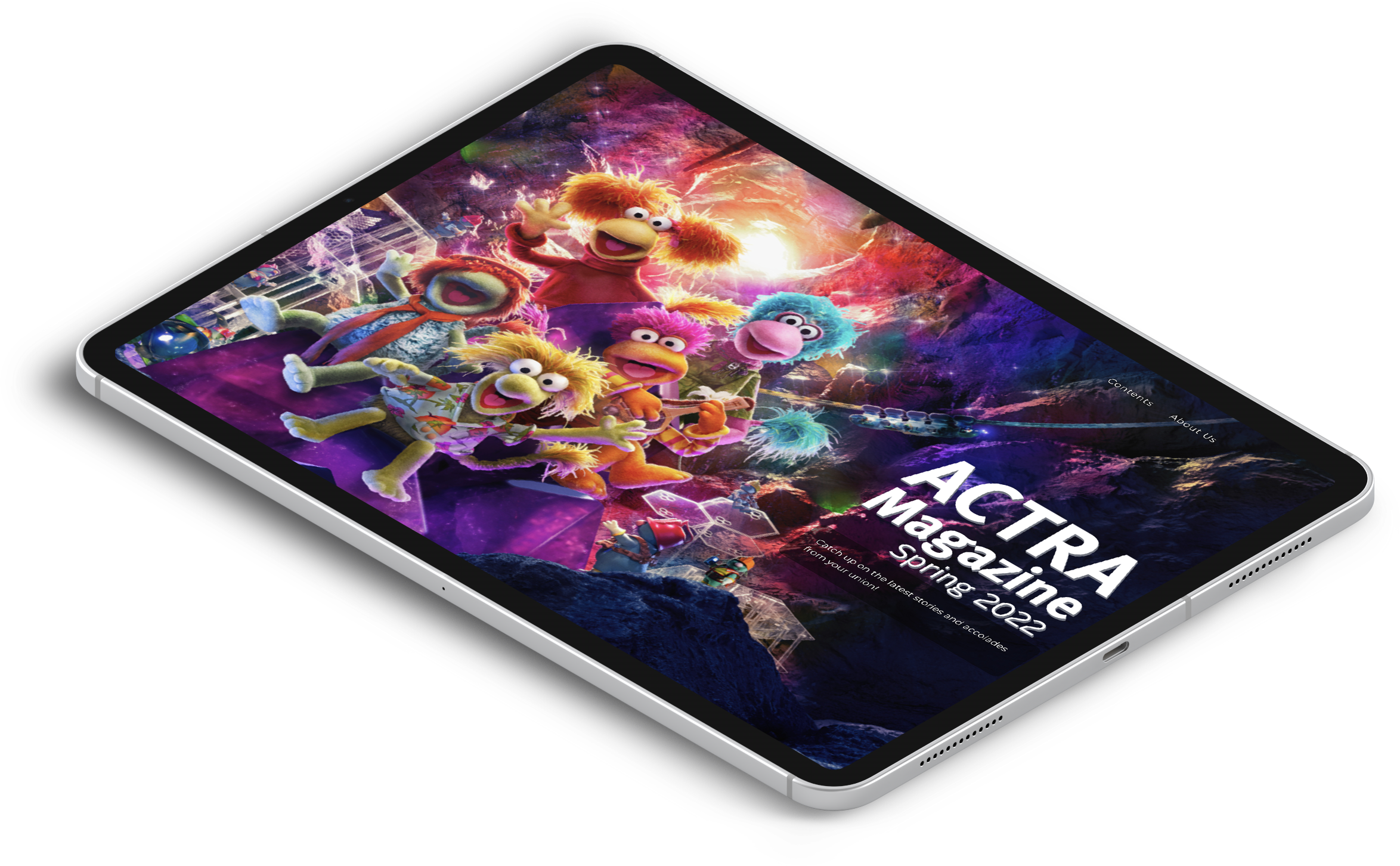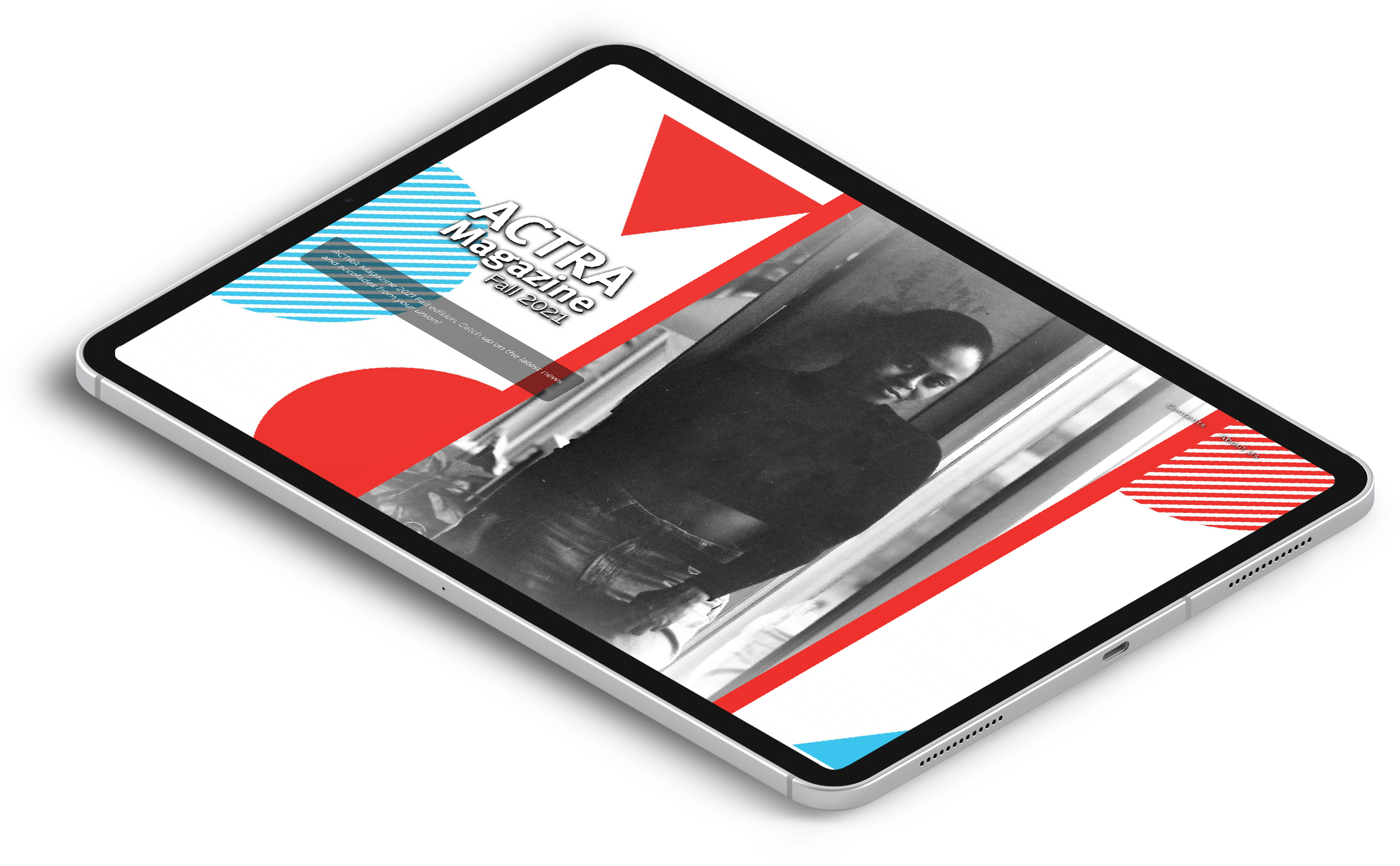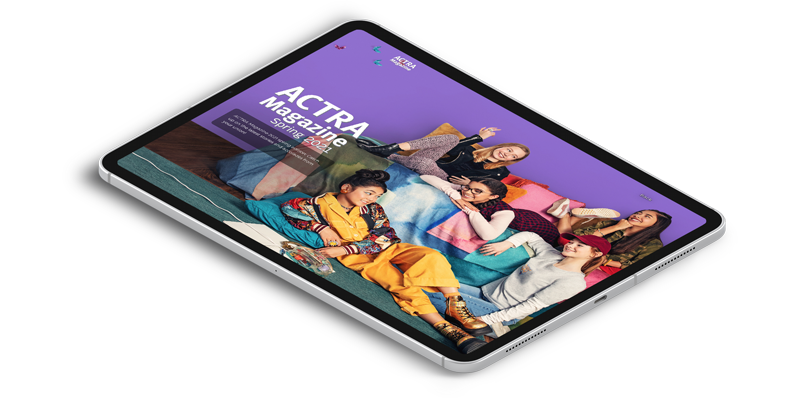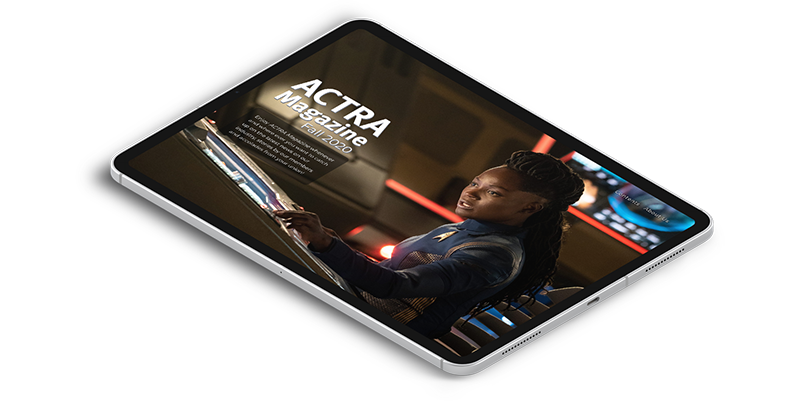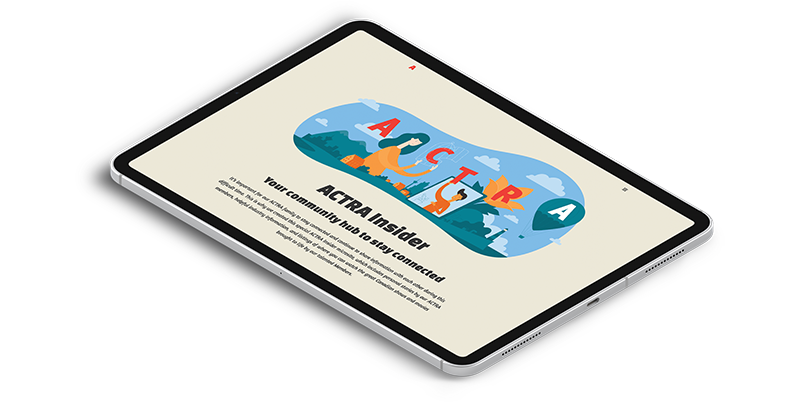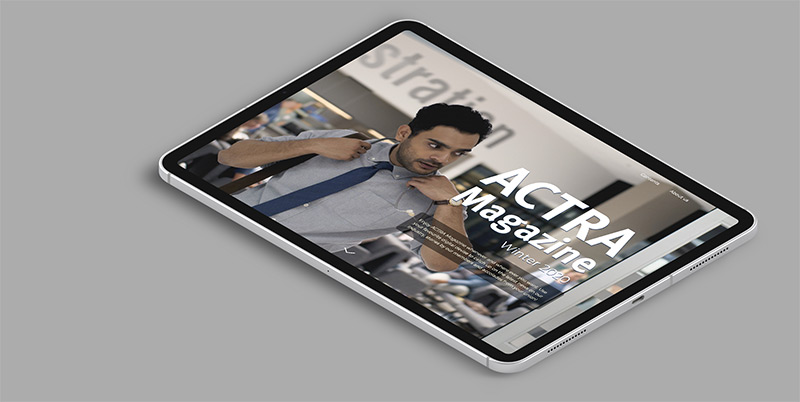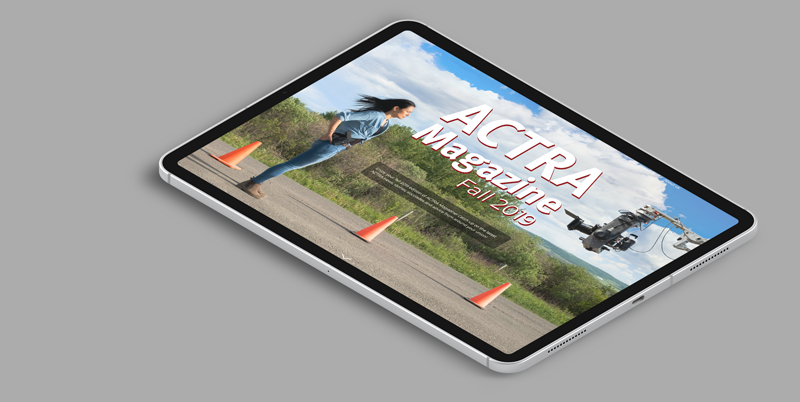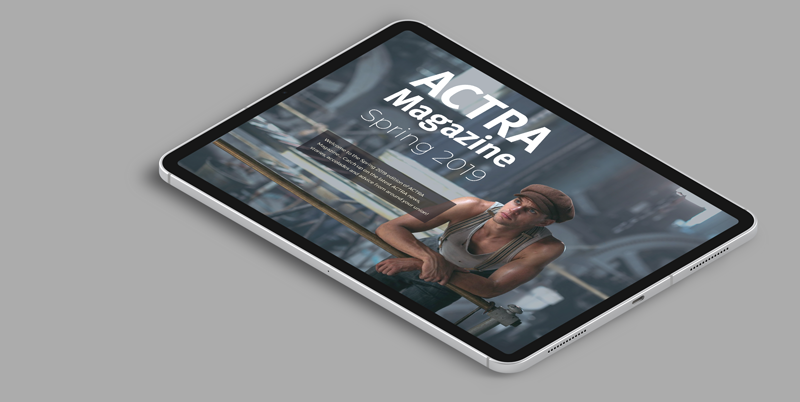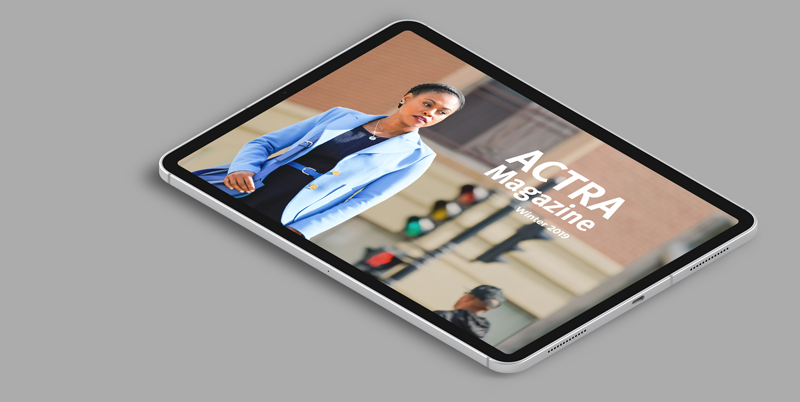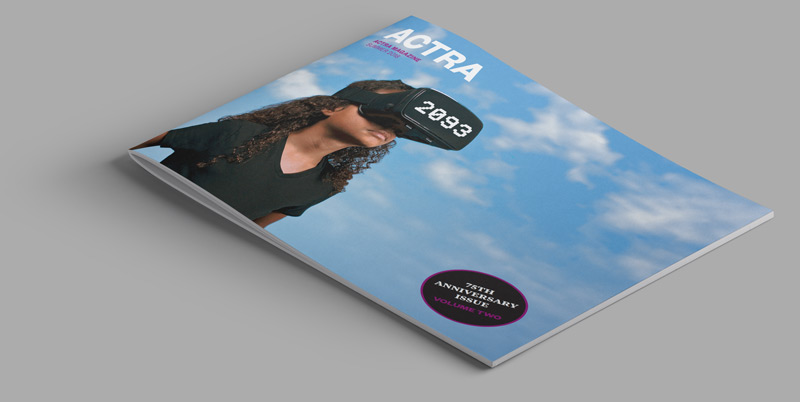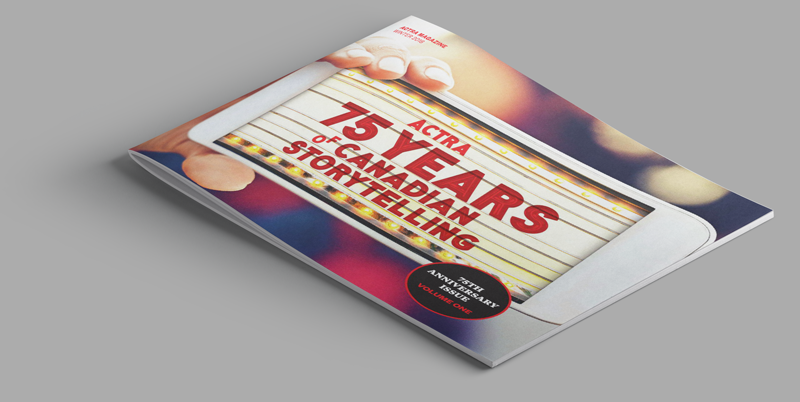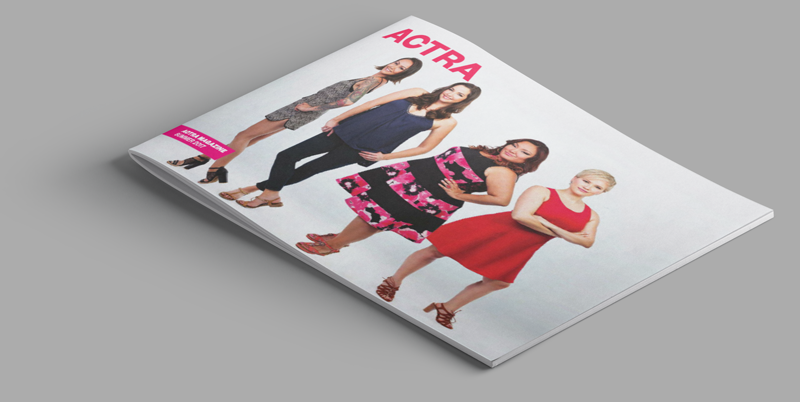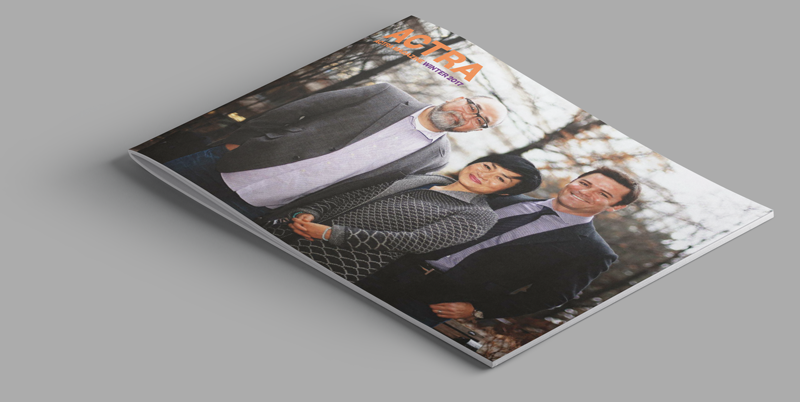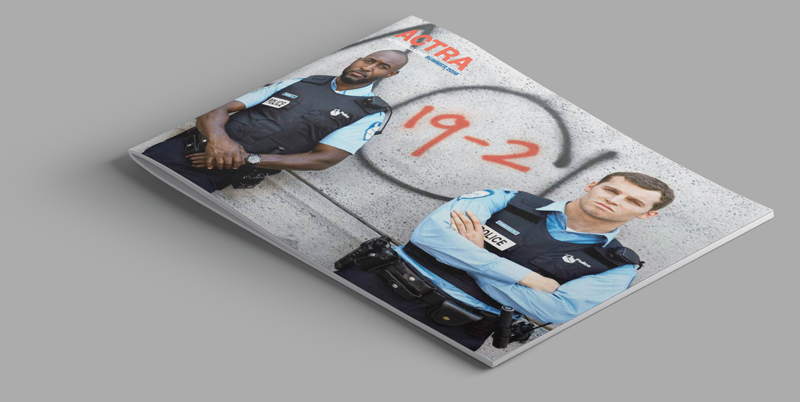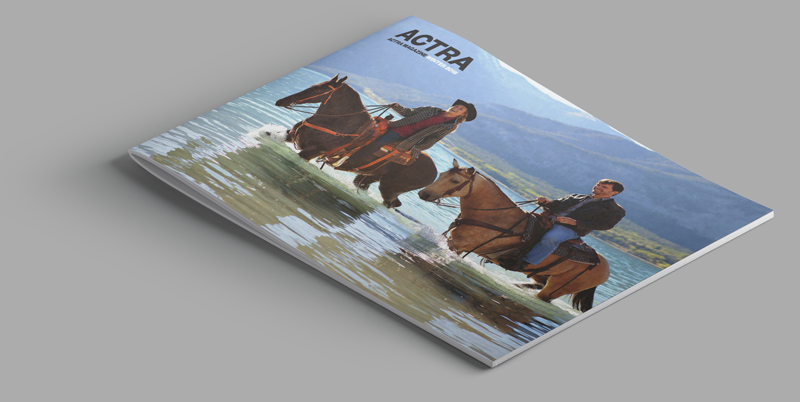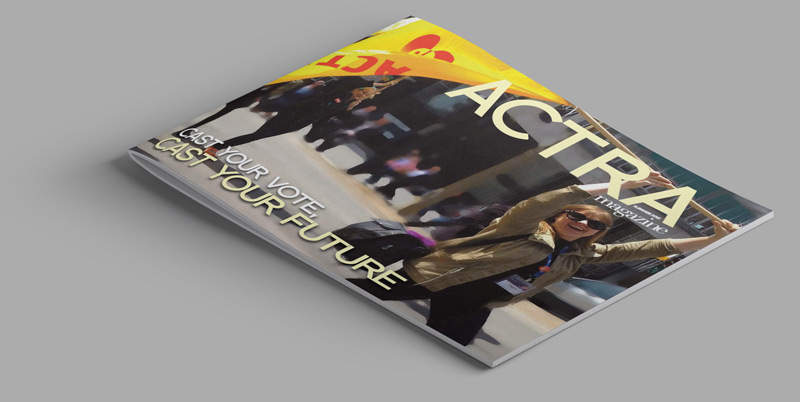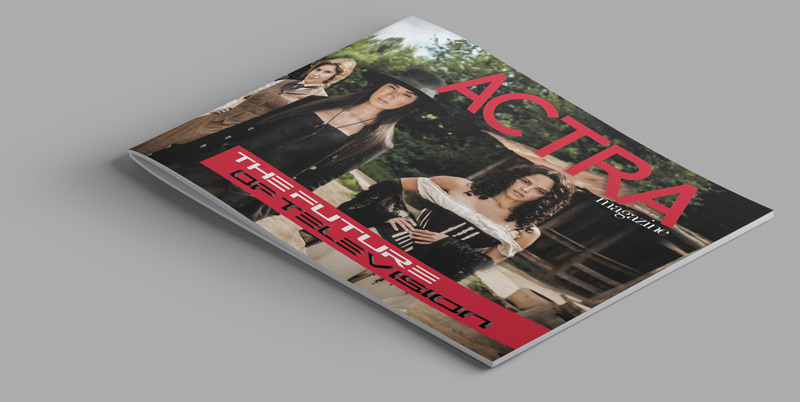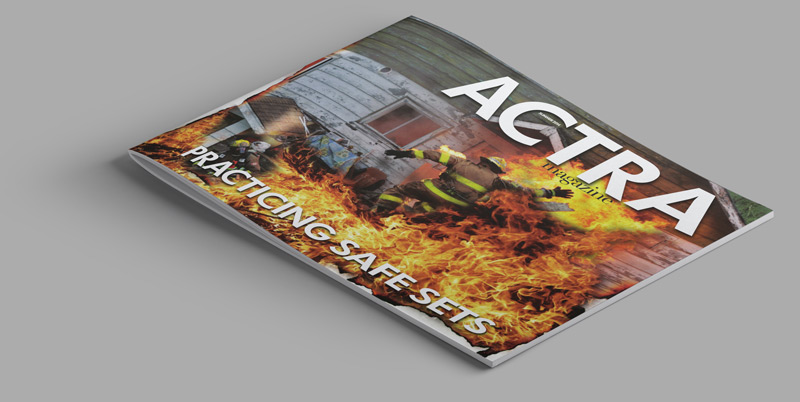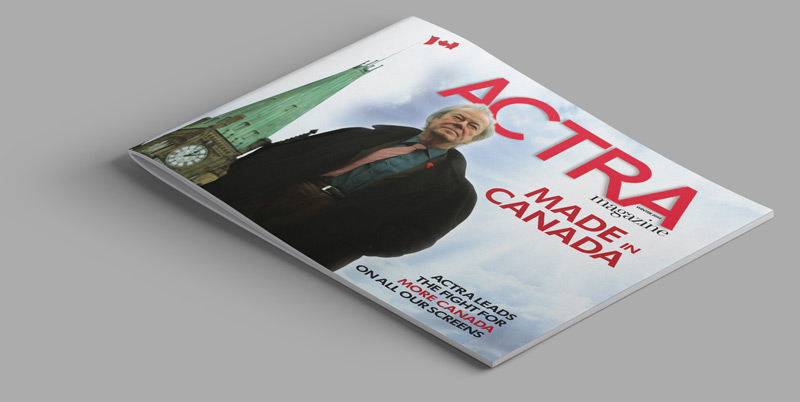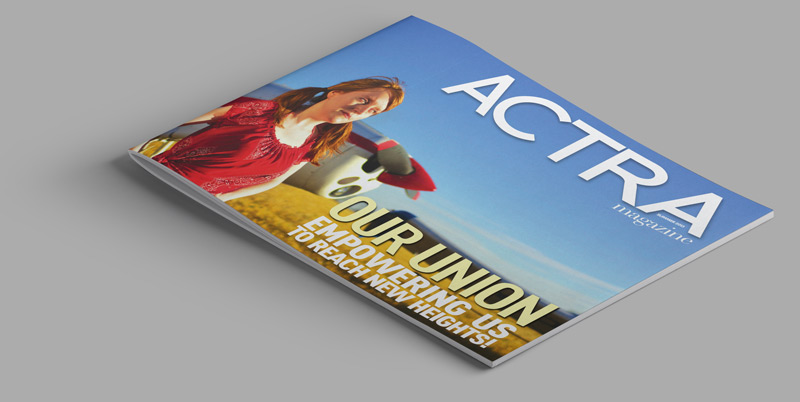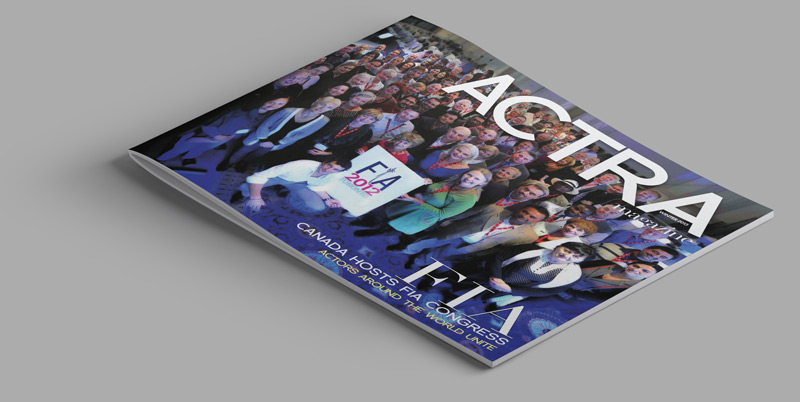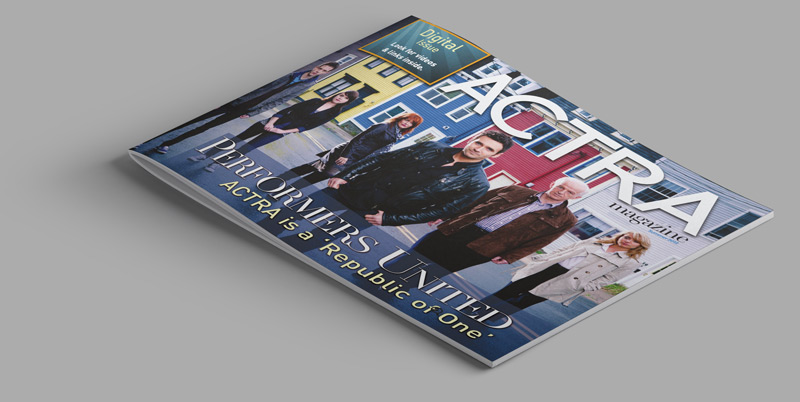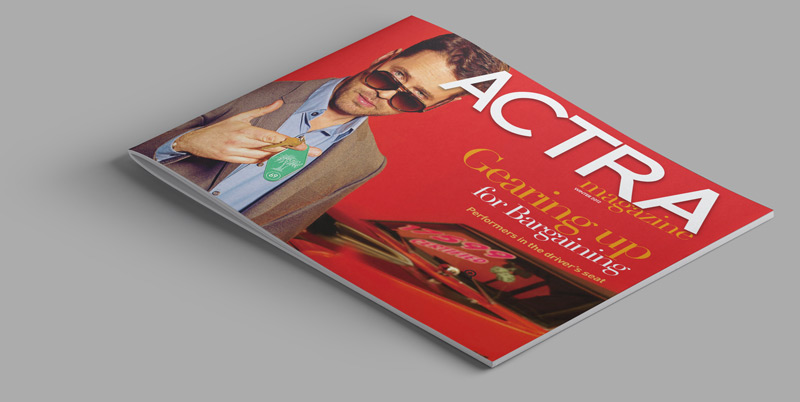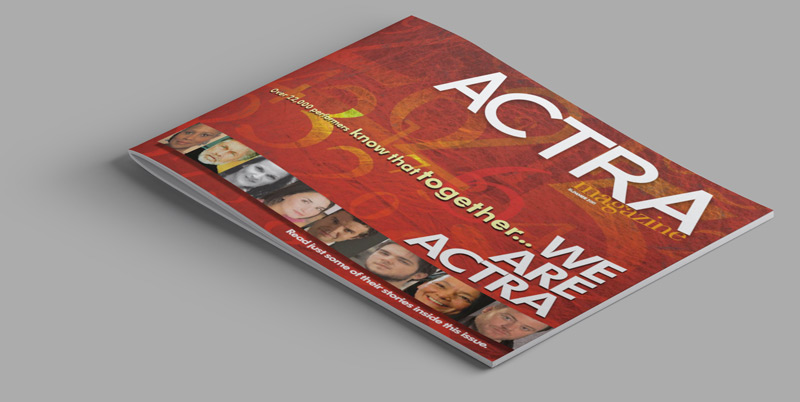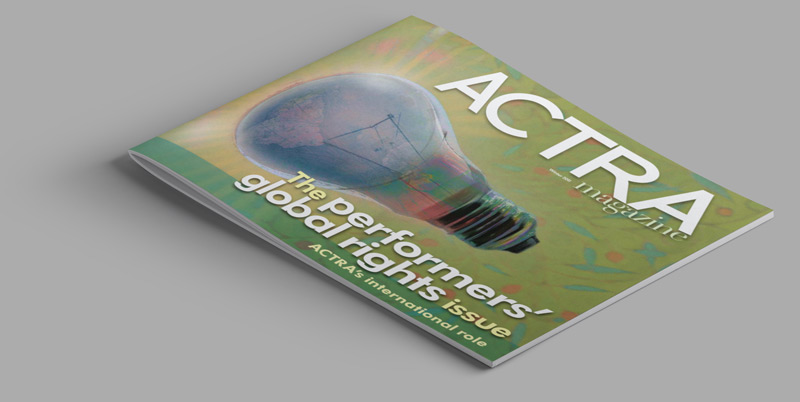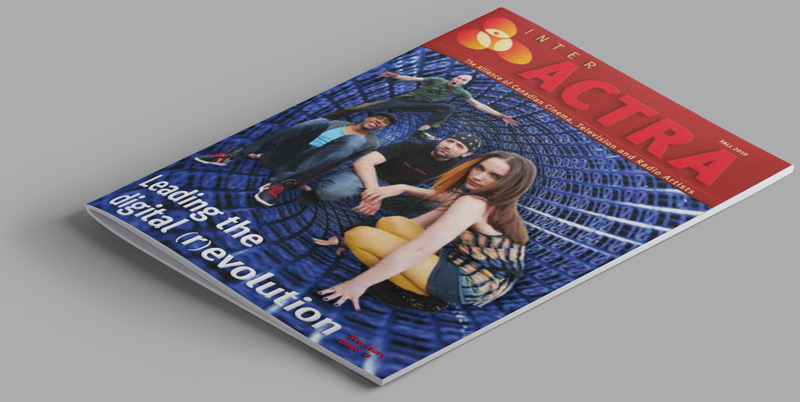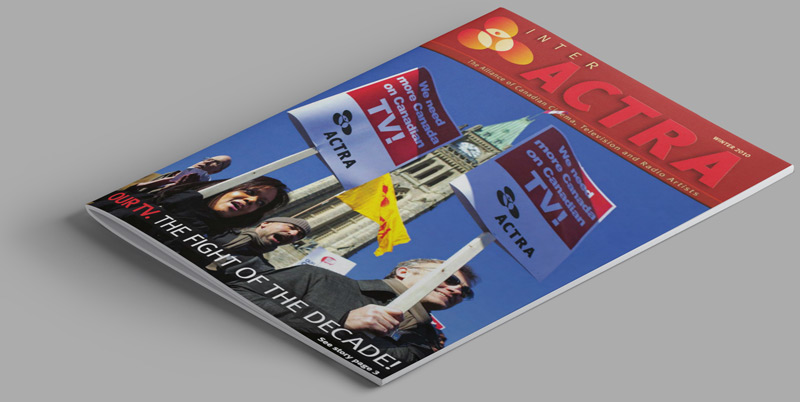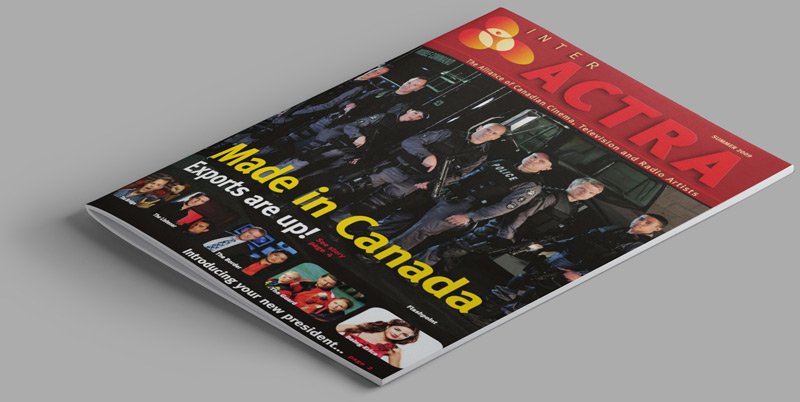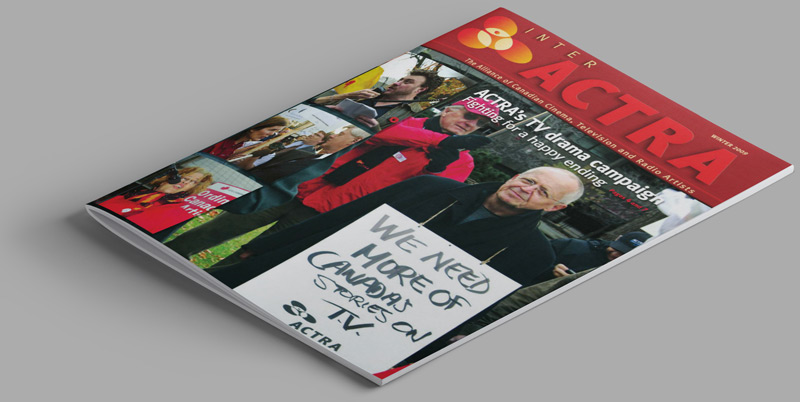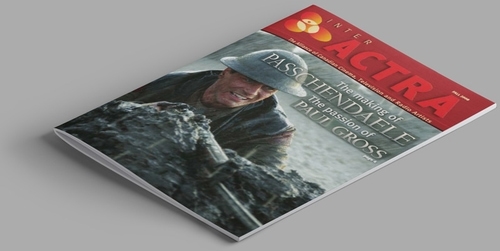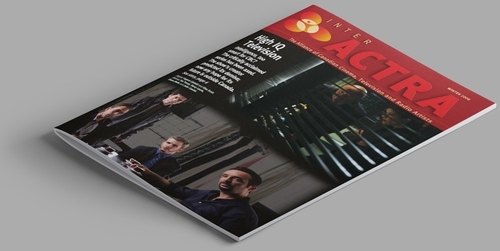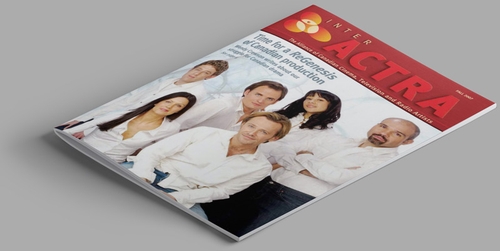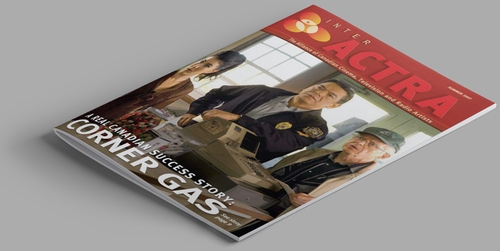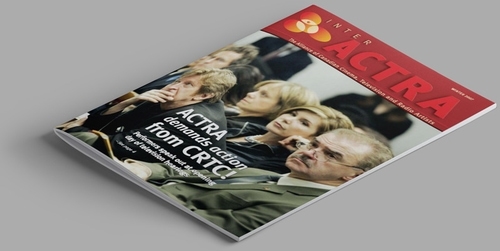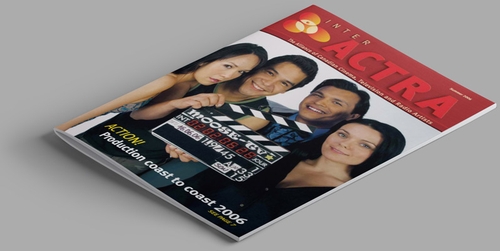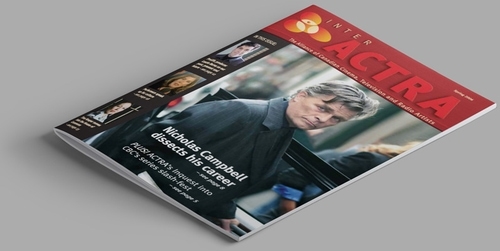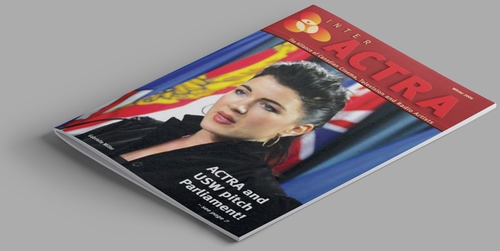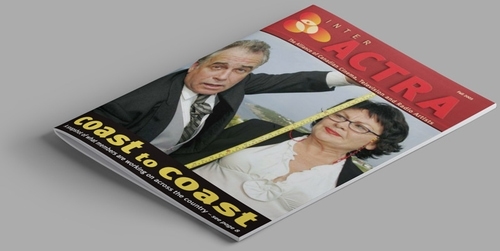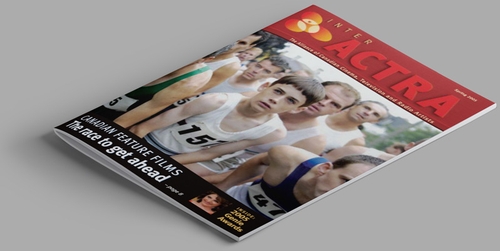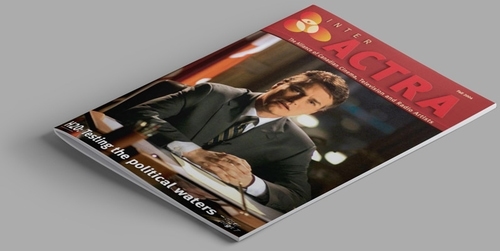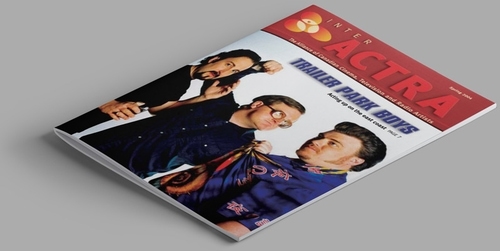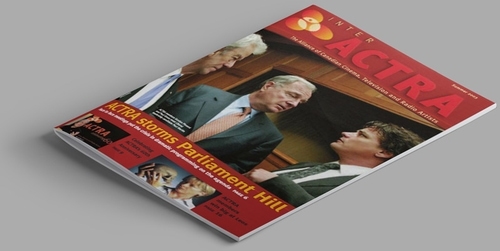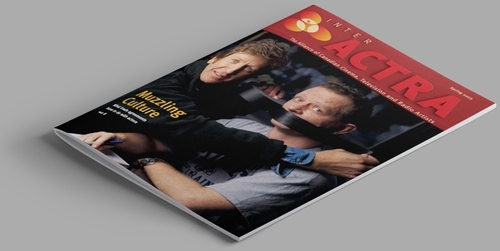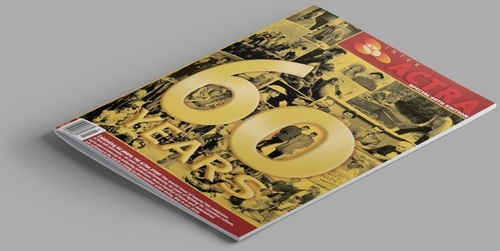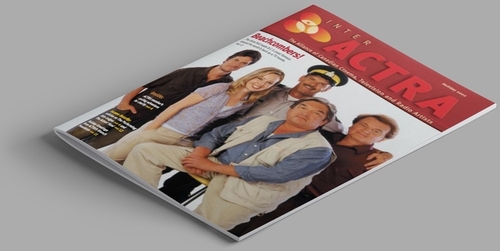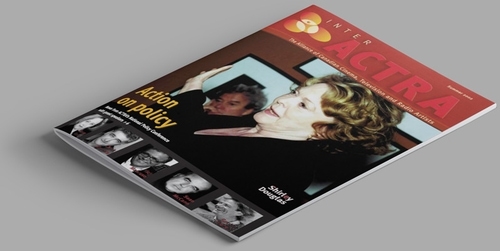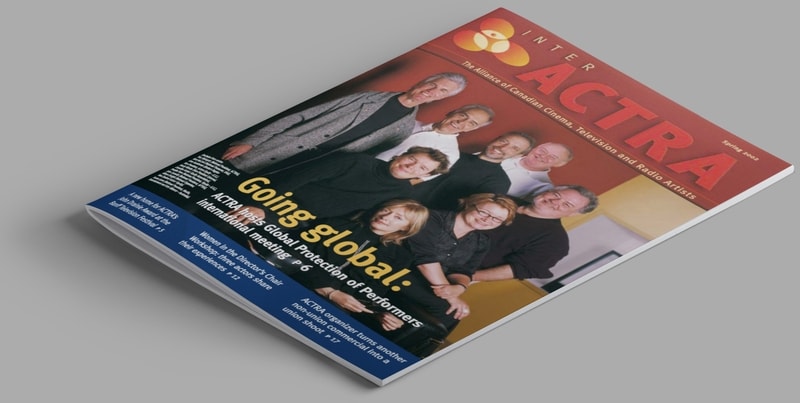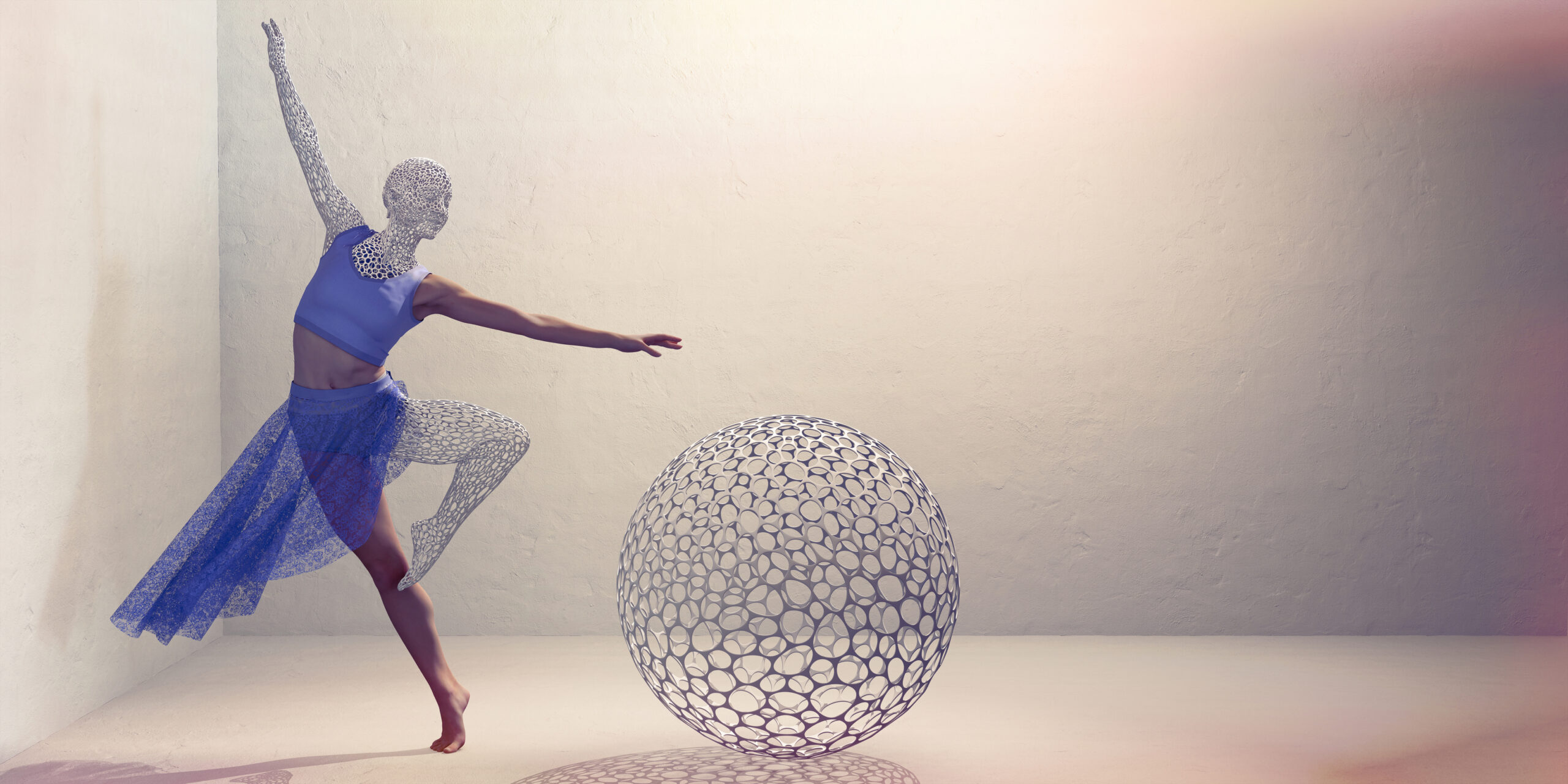
AI’s Systemic Glitch
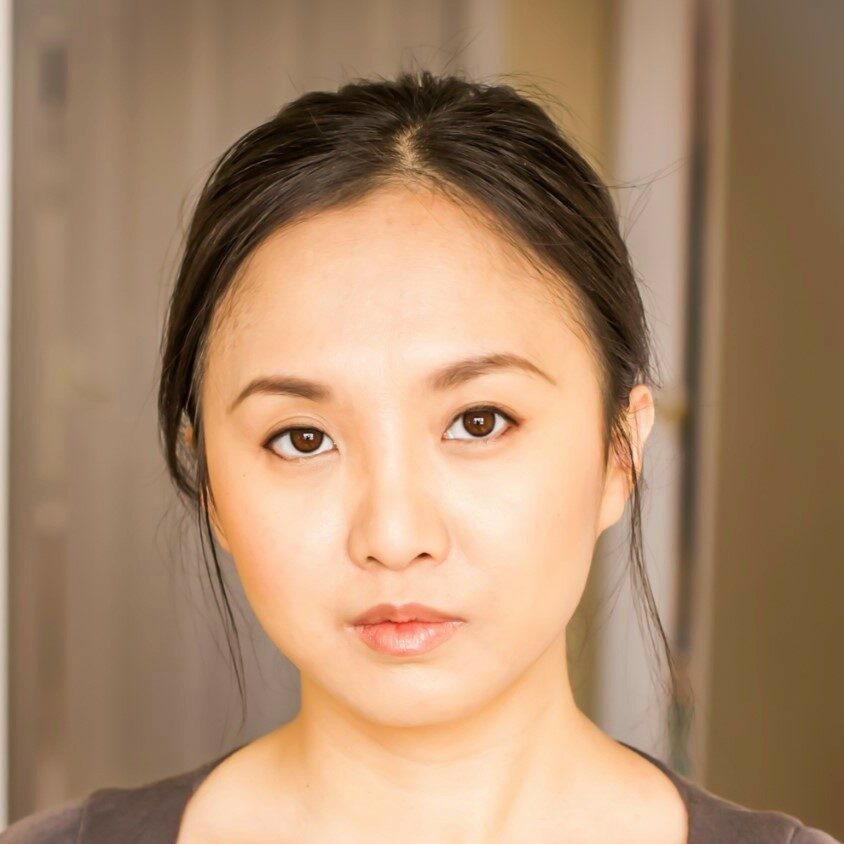
Li Li
The revolution will be synthesized.
Artificial Intelligence is growing exponentially in both power and influence. Sectors across Canadian labour are ringing alarm bells about the paradigm shift that workers will face as AI brings automation – and the threat of human expendability – to jobs everywhere. Our industry could see some of the biggest threats of all. It has already begun.
With every passing day, new software appears while existing programs grow stronger, making the tools AI offers more accessible and easier to use. The temptation to harness these tools for cost-free “labour” and increased profit has many studios seeing dollar signs dancing in their eyes. Human artists threatened with professional extinction? A greedy afterthought.
The federal government has a small window of time to address this [AI] threat before it’s too late.
The federal government has a small window of time to address this threat before it’s too late. The proposed Artificial Intelligence and Data Act (AIDA) could help stem the tide, but it still needs work. ACTRA for its part, is aggressively lobbying for protections for performers in both AIDA and upcoming copyright reform.
When most think of how AI will affect our industry, they imagine the likenesses of Hollywood A-listers manipulated to make viral videos on social media. However, no artist is immune to the AI threat including those who work in some of the less traditional roles in our industry. I recently spoke with two veteran ACTRA members – Manuel Tadros and Kayo Yasuhara – who already see the canary in the AI coalmine.
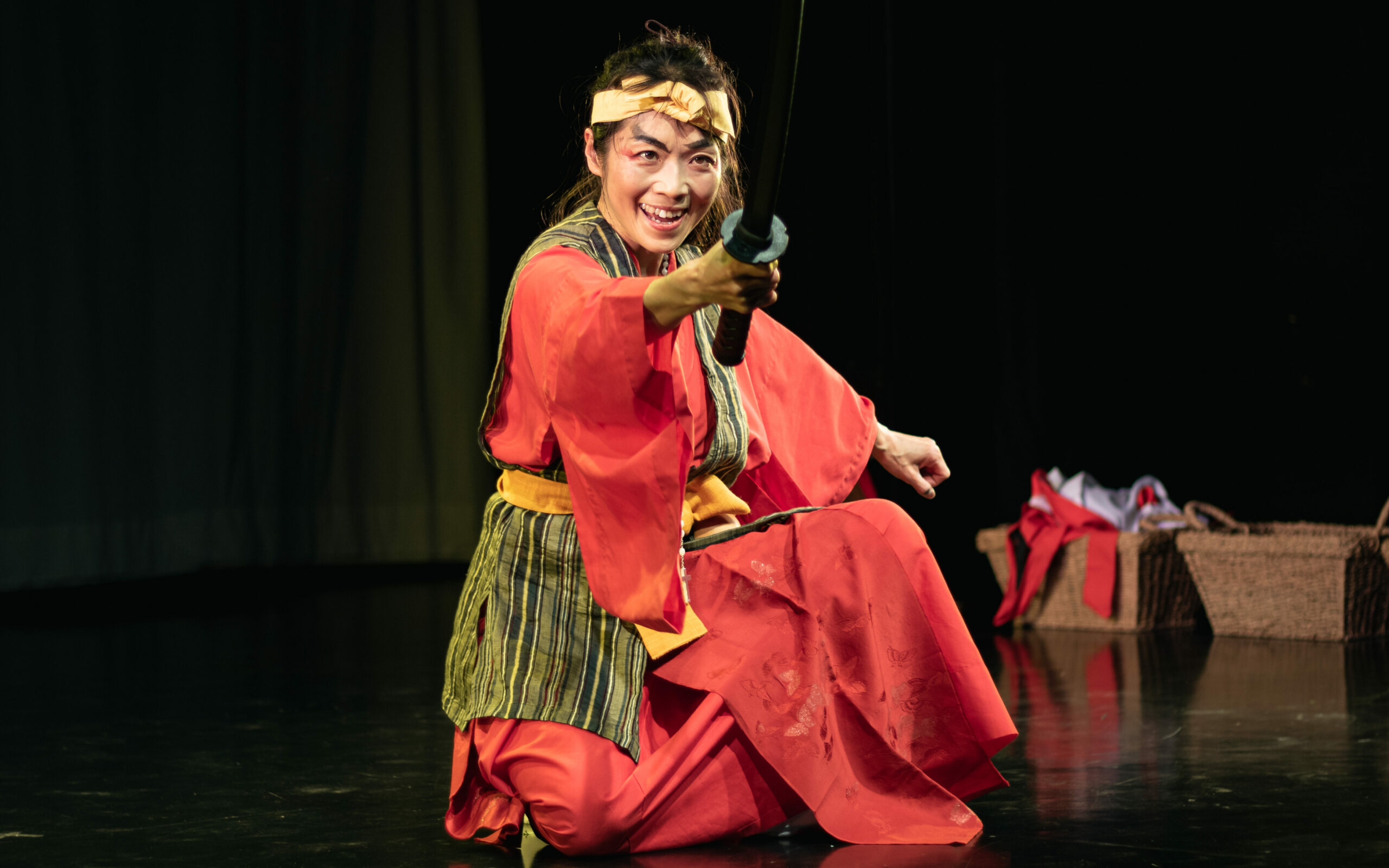
Kayo Yasuhara: Dancer
I acted for a long time when I was in Japan, but since I came here to Montreal, I did more dance and music. I’ve been the President and Artistic Director of the Japanese dance group Komachi Montréal since 2007, as well as a member of RQD (Regroupemnent québécois de la danse) since 2015.
I’ll be performing my solo dance theatre show OKUNI-creatrice du kabuki in February, March and April of 2024 in the Maisons de la Cultures in Montreal.
AI can create a human dancer’s movement very precisely, including the very small, detailed movements from the dancer’s emotion. But I feel there is no human spiritual aura there. I think audiences can feel the difference from a human’s performance and an AI performance. They can feel that the human spiritual aura is missing in an AI performance.
But in the future, if more AI performances are coming and the younger people watch only AI performances, they might lose the ability to feel the human aura. I think it is a very sad thing.
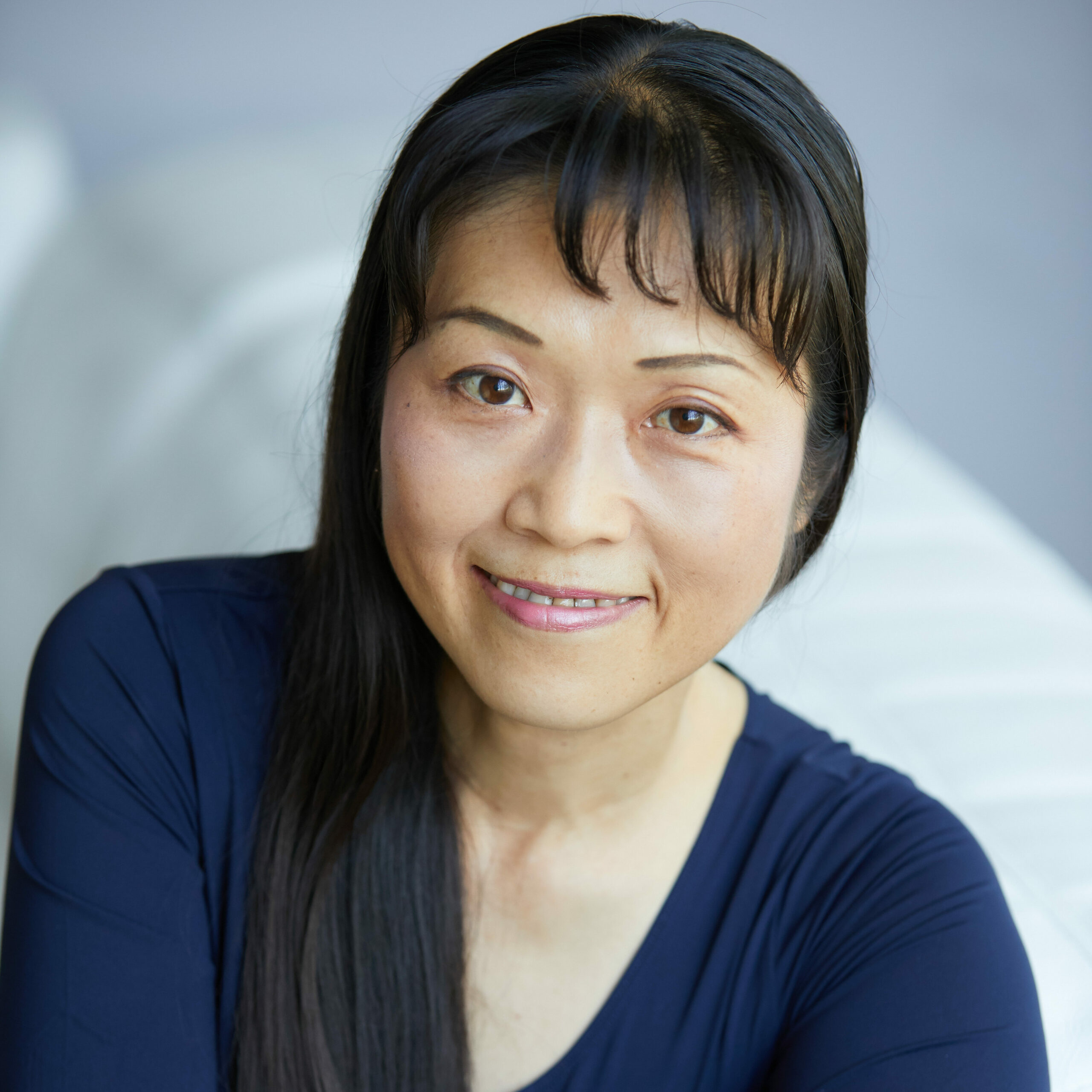
“Watching the human spiritual aura within a performance is essential. It is especially important for younger audiences – they must have the opportunity to experience and feel this.”
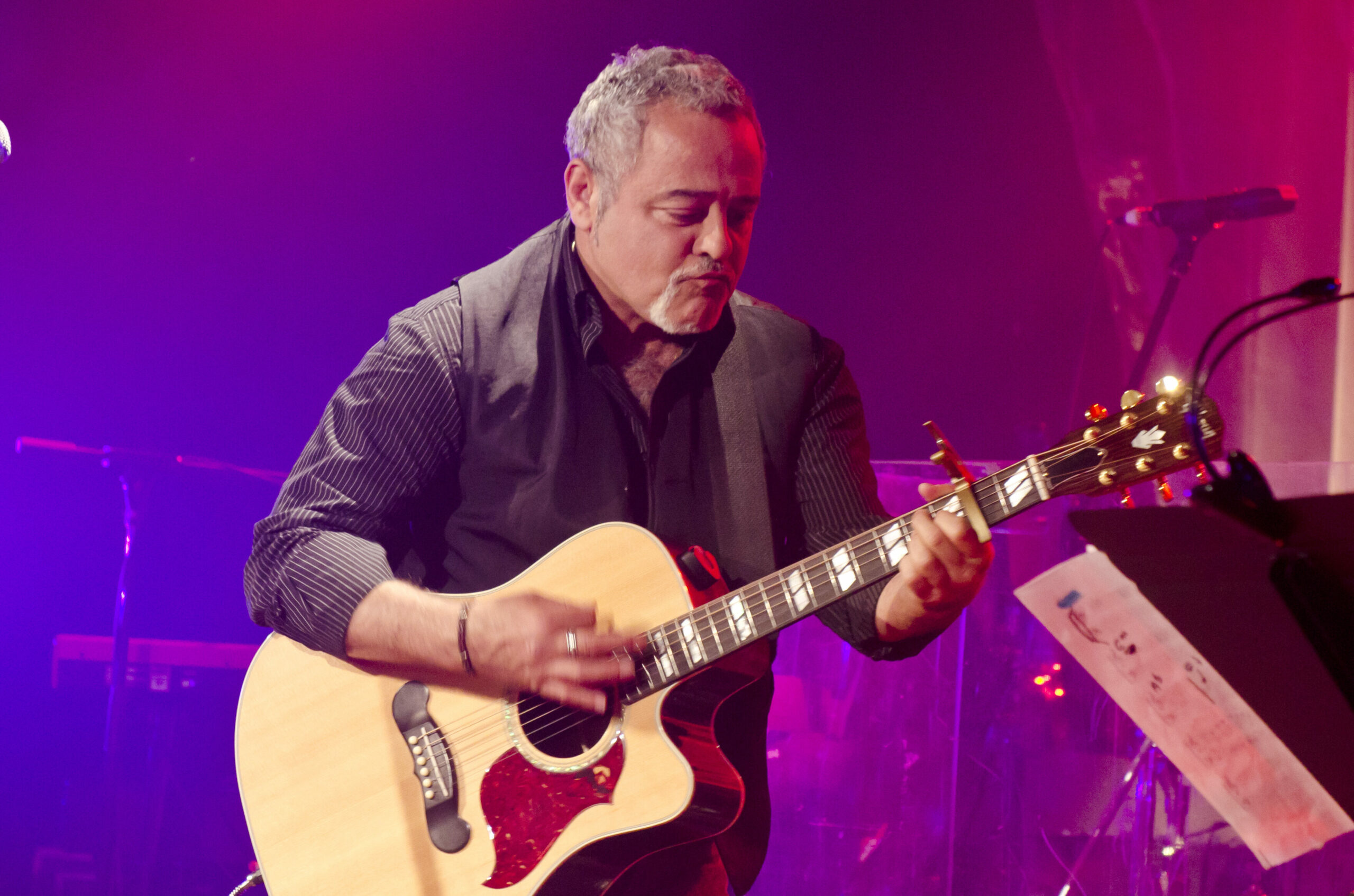
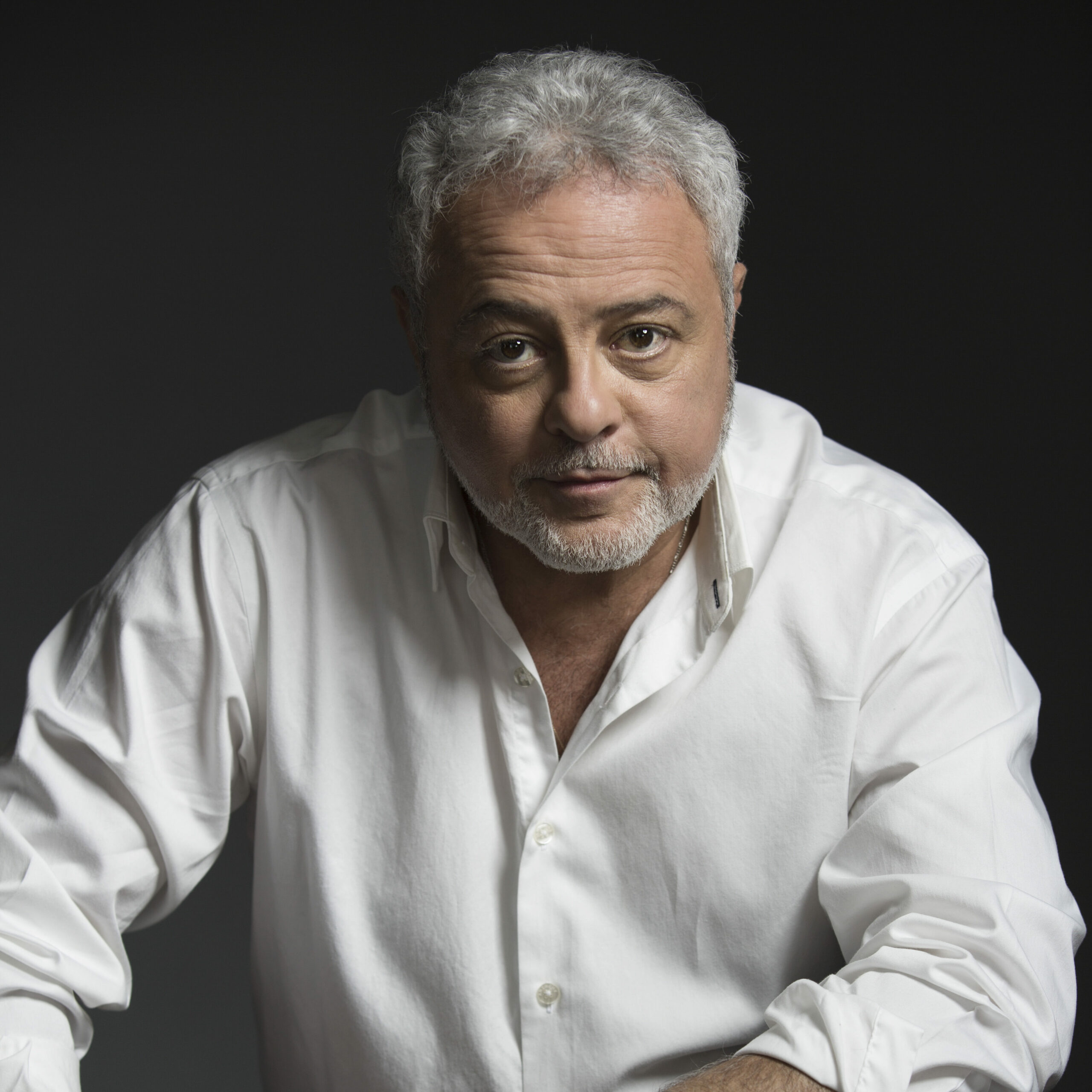
“Every actor has their own way to say things. The color of the voice, the warmth, the intonations, the waves, all that is personal.”
Manuel Tadros: Dubbing Artist
I am an actor, a singer, a writer and a dubbing professional. I’ve been an ACTRA member since 1994. I started dubbing in 1988, mostly in French, and sometimes in English too. I am a director. I am an adapter, too. And I’m an actor. Naturally.
I do a lot of voices – Antonio Banderas, Gary Oldman, Jeffrey Wright, Ray Winstone, Danny DeVito and another hundred. The dubbing industry in Montreal is very good, because most of the projects that come from Netflix are dubbed here into English. If the original language is Spanish, Italian, Korean or countless others, they do it here into English. So ACTRA members work a lot in dubbing.
The danger with AI is that it’s going to sound very normative in every language. Every human being has a different way of saying things. And this is what is natural, to hear people with their own voice, their own accent, their own biorhythm, and what happens in their mouth and all that.
For example, my English, as you hear it, has an accent. If I have a role in a movie, it will be my voice, it will be my way to say things. With AI, I would sound like a guy from a breaking news story. I would sound like any other American or English guy. In French it’s the same thing. We all have our voices. We speak in dubbing with a normative way to speak. But every actor has their own way to say things. The color of the voice, the warmth, the intonations, the waves, all that is personal.
There is another aspect of the AI threat that affects immigrants to Canada – like Manuel, Kayo and I – and all visible minorities, on a more personal level. Generative AI uses “system learning” to grow smarter. In other words, it scans data from multiple sources including archived media and the Internet, to help craft its ‘creative’ outputs. Unfortunately, it is scanning data that has inherited biases with systemic gender bias and racism built in.
As if the issues surrounding artists and AI wasn’t already bad enough – now we must deal with software that is perpetuating the same stereotypes that generations of human casting professionals have! We must not allow AI to magnify systemic bias and racism in any way.
This is just the beginning of the fight to keep art human. Unchecked generative AI must be regulated and stopped from stealing our name, image and likeness (NIL Rights). Our faces, voices and performances are our product, our business and our brand.
As a mother of two young children, I’m concerned AI will affect their world across so many aspects of their lives. We must stop the runaway train of Artificial Intelligence in this industry and demand control, consent and compensation for any use of our NIL Rights.
A future without us in art is one without all of what defines us human. We are not data.
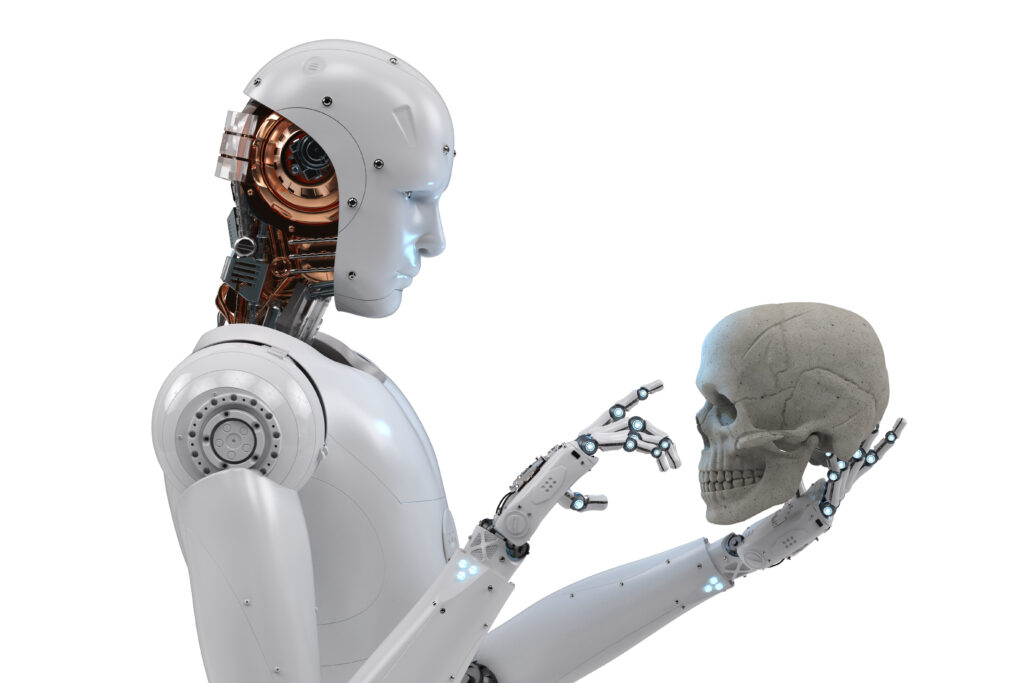
This is just the beginning of the fight to keep art human. Unchecked generative AI must be regulated and stopped from stealing our name, image and likeness.
A long-time ACTRA member, Li Li is also a member of UDA and Equity. She has a Double Major in Digital Image and Sound (Computer Science and Fine Arts) and a Minor in Theatre from Concordia University. She is a multilingual mother of two. Preferring to be called by her full name, “Li Li” is always looking for collaborations that will build bridges, create understanding, and foster inclusion.


